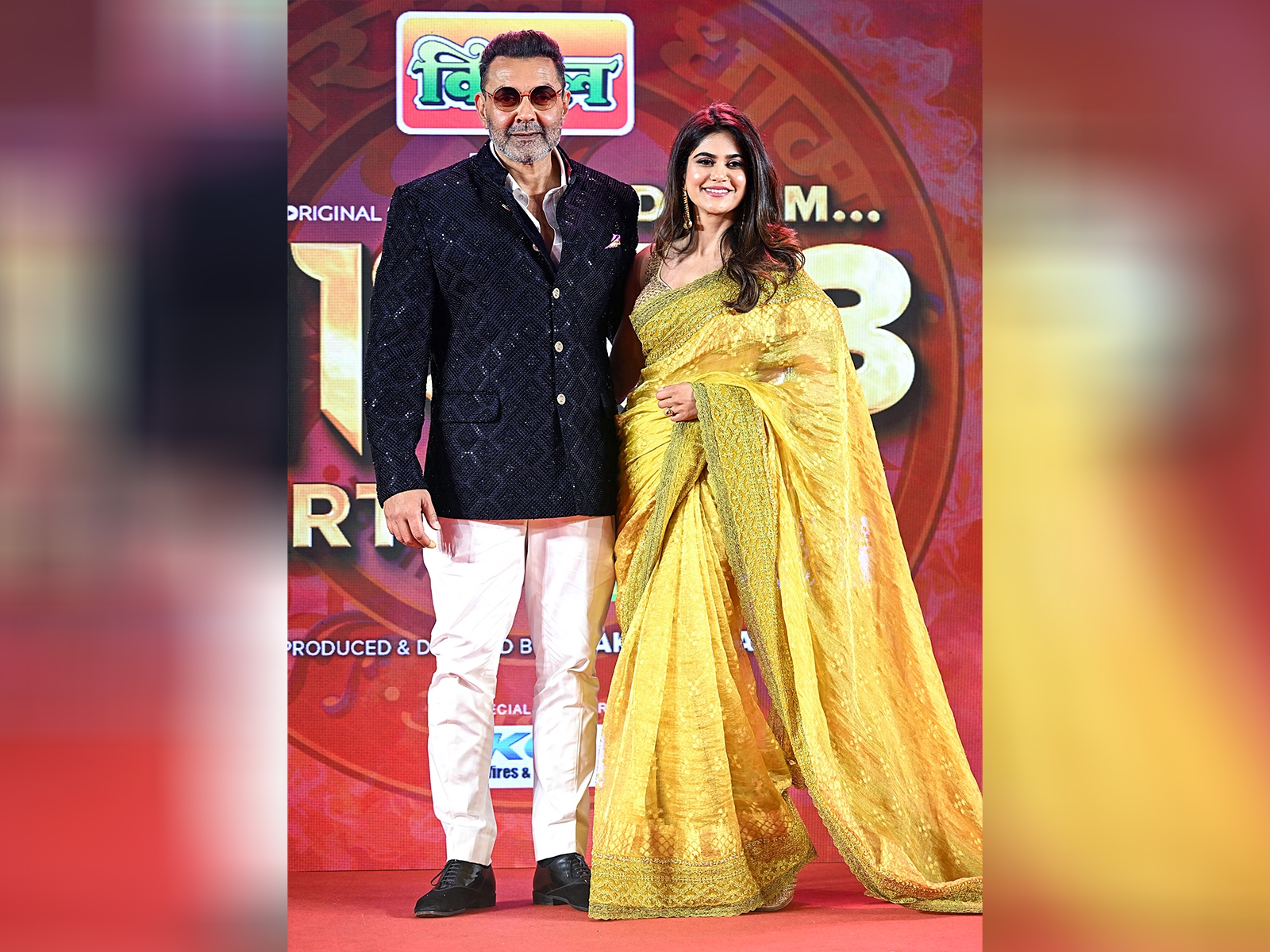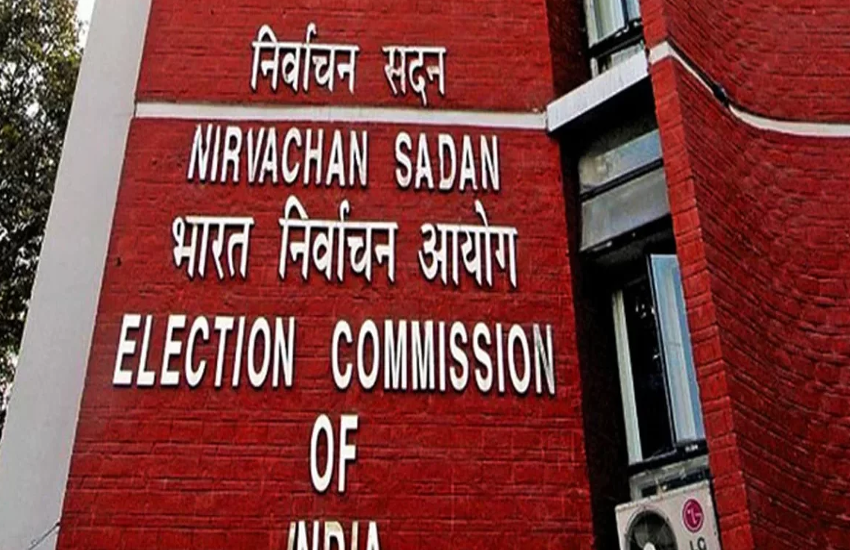
The year was 1911. Mohun Bagan had just won a historic 2-1 win against East Yorkshire Regiment in the final of the IFA Shield. This is how a Reuters cablegram announced the win: "When it was known that the East Yorkshire Regiment had been defeated by two goals to one the scene beggared description, the Bengalees tearing off their shirts and waving them". Today, 104 years later, Bagan's Shield win still remains one of the greatest moments in India's rich football history.
The early years of the 20th century saw a parallel rise in Indian nationalism and football's popularity in Bengal. Mohun Bagan Sporting Club, later renamed to Mohun Bagan Athletic Club, had been established in 1889 in a bid to provide a platform to Indian footballers. By the early years of the century, the club had begun participating in local tournaments.
1911 IFA Shield
In 1904, Mohun Bagan lifted the Coochbehar Cup title, the first ever trophy in its history. In the next few years, it continued winning local tournaments in Bengal. Its early successes earned the club an invitation to participate in the 1906 IFA Shield, the most prestigious tournament of the time. However, the Sabooj Maroon were given a harsh reality check in the tournament, as they were easily brushed aside by technically superior British teams. It was the same story for Bagan in the next few years. In 1911, club captain Shibdas Bhaduri put together a group of 11 men to pose a serious challenge for the title.
In the first four games of the 1911 tournament, Mohun Bagan signaled their title ambitions with some hard-fought victories over strong British outfits. One of the teams included Scottish giants Rangers FC, who had just began their dominance of Scottish football with their sixth national title. Rangers were, in fact, awarded three penalties in the game, but failed to get past goalkeeper Hiralal Mukherjee, who miraculously saved all the spot kicks. Bagan went on to win the game by a scoreline of 2-1.
The club faced its first true test in the tournament when it faced the 1st Middlesex Regiment in the semi-finals. Playing barefooted against much better equipped team, Bagan were held to a 1-1 draw. The game moved to a replay, and captain Bhaduri, who had earned the nickname of Pichol Babu - the slippery man - for his phenomenal trickery on the field, inspired the club to a comprehensive 3-0 win over the English team. Mohun Bagan were in the final of the IFA Shield, and only the East Yorkshire Regiment stood in its path of glory.
The final
The news of Bagan's successful progression to the final of the Shield had travelled throughout the country. On the day of the final, over 60,000 fans, mostly Indians, made their way to the Calcutta Maidan. There were a few thousand more who failed to make it inside the stadium as it was already full. It has subsequently been noted that significant numbers of fans had travelled from far flung places like Assam, Patna, Dhaka, among others. On the morning of the final, the Bagan team paid a visit to the Kalighat temple. When they stepped out on the field for the final, the players still sported holy vermilion on their foreheads.
Amidst patriotic chants from the crowd, the English team, however, took the lead with a goal from a free kick in the early moments of the game. An eerie silence fell inside the ground. Mohun Bagan were not to be deterred though. In a few minutes' time, inspirational captain Shibdas Bhaduri scored the equaliser for Bagan. Both sides adopted a cautious approach subsequently, as the game remained 1-1 with a few minutes left on the clock.
Pichol Babu had been effectively tracked by the East Yorkshire defenders for most of the game. The only blot for the defence had been Shibdas' goal in the first half. However, with the rival defenders having tired down in the dying minutes of the game, Shibdas produced one of the finest moments of his career. The captain made a mazy run down the flank that left the East Yorkshire backline scratching their heads. He then passed the ball to Abhilash Ghosh, who calmly put the ball on the back of the net, as Bengal erupted in joy.
The aftermath
"Mohan Bagan has succeeded in what the Congress and the Swadeshiwallas have failed to do so far to explode the myth that the British are unbeatable in any sphere of life," The Englishman read the following day.
"Victory of association football goes to the side with the greatest physical fitness, the quickest eye, and the keenest wit," The Manchester Guardian said.
Bagan's win was met with jubilation in Bengal, but in the English localities of the province, the mood was understandably grim. While the country rejoiced its footballing independence, most of the areas inhabited by the English wore a deserted look. The win triggered a new wave of Indian nationalism, and was the catalyst behind the the rise of football in Bengal in the subsequent years. In 1920, Shibdas Bhaduri was one of the key figures who supported the formation of East Bengal Football Club. Over the years, Bagan's 1911 IFA Shield triumph has been recognised by most historians as the most important moment in Indian football's history.
The legacy of the triumph
29 July is now observed as the Mohun Bagan Day every year by the club. In 1989, the Indian government honoured Mohun Bagan's victory by publishing postage stamps commemorating the win. The eleven players have also been rechristened into the Immortal XI. In 2011, a Bengali film, Egaro, directed by filmmaker Arun Roy, was released in the hundredth year of the win.
The Immortal XI: Rajendranath Sengupta, Neelmadhab Bhattacharya, Hiralal Mukherjee (GK), Manmohan Mukherjee, Sudhir Chatterjee, Bhuti Sukul, Kanu Roy, Habul Sarkar, Abhilash Ghosh, Bijoydas Bhaduri and Shibdas Bhaduri (C).








![BJP's Kapil Mishra recreates Shankar Mahadevan’s ‘Breathless’ song to highlight Delhi pollution [WATCH] BJP's Kapil Mishra recreates Shankar Mahadevan’s ‘Breathless’ song to highlight Delhi pollution [WATCH]](https://images.catchnews.com/upload/2022/11/03/kapil-mishra_240884_300x172.png)

![Anupam Kher shares pictures of his toned body on 67th birthday [MUST SEE] Anupam Kher shares pictures of his toned body on 67th birthday [MUST SEE]](https://images.catchnews.com/upload/2022/03/07/Anupam_kher_231145_300x172.jpg)






